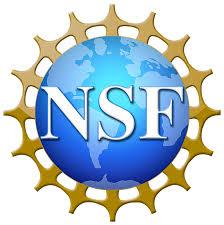
Semiconductors Curriculum and Learning Framework for High-Schoolers Using Artificial Intelligence, Game Modules, and Hands-on Experiences
The project aims to help high-school students develop skills and career interests in the semiconductor fields through an innovative game-based learning platform, hands-on activities, and industry field trips. The overarching research question is: To what extent do the designs and integration of AI Educator (a generative AI tool for education), game-based learning, and hands-on experiences provide equitable access and strengthen students’ engagements, awareness, interests, and knowledge in STEM careers? The AI Educator will provide students with suggestions, assistance, and additional insights about the subject. The AI component will tune the output content based on the student’s interests and preferences to make the experience more relatable. Data collection will include students’ attitudes, game activities, and hands-on learning outcomes. Design-based research methods will be used incorporating the NASA Task Load Index, t-test, interviews, and surveys to understand students’ learning and efficacy of the game and workshop curriculum. The Technology, Pedagogy, and Content Knowledge (TPACK) framework will be used and refined throughout the AI and game technology integration into the semiconductor curriculum and education pathways. The project will be designed with a focus on equity, accessibility, engagement, and collaboration, catering to students from diverse backgrounds
